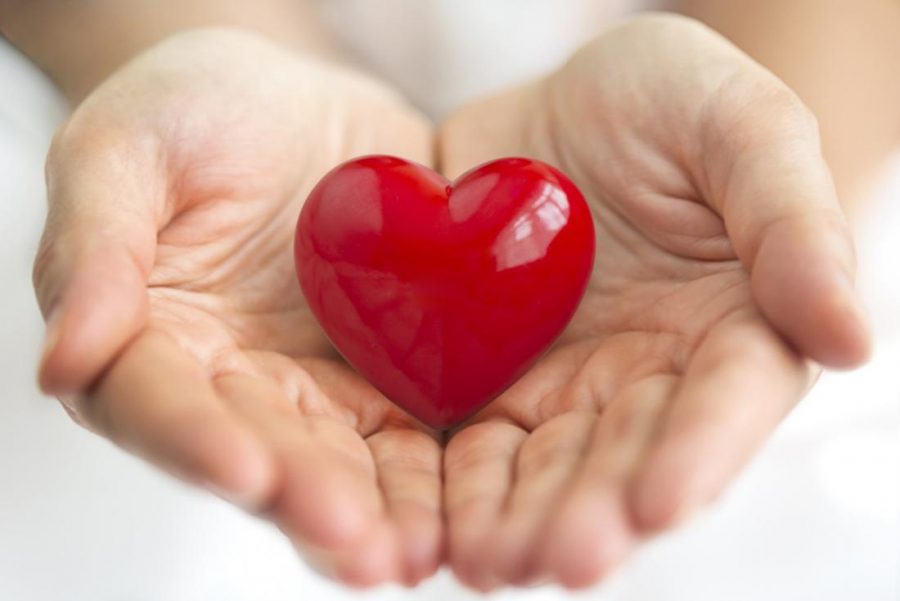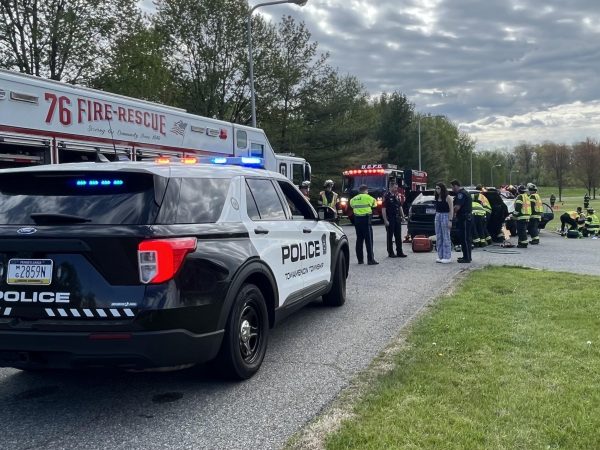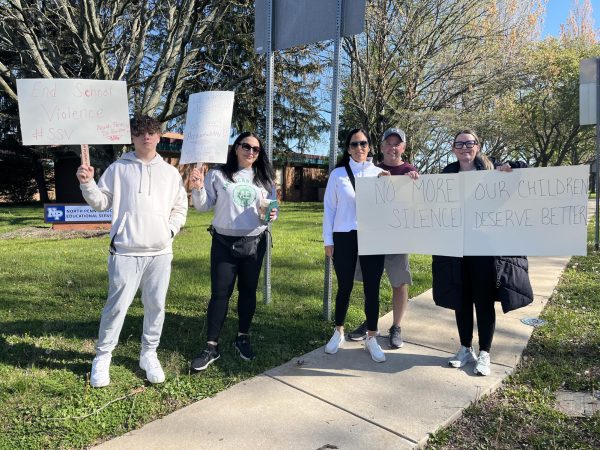The science behind young love
Is teen romance all it’s cracked up to be?
One of the most prevalent issues in modern society is the concept of relationships. Although this can be a strenuous thing for all ages, there’s no better time to explore the ups and downs of “love” than in high school – right?
These final few grades are tough enough already, full of social dynamics and academic challenges. Adding an entirely new factor to the plate sounds like a recipe for disaster, doesn’t it? Well, yes. It can be. Most of the time, actually, it doesn’t end well. I’m not saying that to be pessimistic, but truly, a relationship built upon the foundation of Instagram messaging and casual encounters is bound to hit some speed bumps.
If these things are true, why do so many people engage in high school relationships
The point of this piece isn’t to recount the reasons why young love can be addicting, almost intoxicating. Rather, it’s to understand why. What the heck is going on inside our brains?
First off, many teenagers are more infatuated with the idea of love itself rather than the person they’re exploring it with. As teen counselor Elaine Daignault explains, “What it’s like to be young and in love is very romanticised in many people’s minds.”
And there we have it. The first major issue with young love is the attachment that comes with the idea of being in love. I mean, with how the media today depicts the concept of high school sweethearts, it sounds too good to be true. People just want to be loved and accepted, especially in the torrential downpour that is high school, so what better way to ensure this validation than by finding a mate?
A large part of this infatuation actually can’t be controlled.
Many of these feelings come from hormones. When you’re a little kid, the desire to receive affection from that special someone isn’t present, family aside. These romantic and sexual feelings are derived from a myriad of different hormonal triggers. For instance, testosterone and estrogen are responsible for sexual urges, while oxytocin and vasopressin are associated with the desire to bond and attach to another individual. Puberty brings these hormones into full swing, therefore explaining why so many people have the urge to engage in these relationships.
Love has often been described as an addiction, comparable to drugs due to the chemicals it releases in our brains. If you get to the point of commitment, it’s likely that these feelings will only grow stronger and become harder to get out of.
The very act of falling in love causes the brain to initiate a kind of euphoria, the impacts of dopamine in particular. What makes dopamine different than the common hormones is that “catching feelings” for someone else will trigger it. It doesn’t just come with puberty like the other ones, someone has to bring it out in you.
In a study directed by psychologist Susan Moore, the borderline scary impacts of dopamine are further examined.
“Dopamine stimulates desire and pleasurable feelings,” Moore recounts. “It’s been described as a feel good hormone with similar effects to the drug cocaine.”
Essentially, this epidemic is kind of out of our control. Yes, initiation and action goes into forming a relationship, but our hormones is what leads us to make these choices. As people often say, you can’t choose who you’re attracted to. It’s just puberty.
So, if it seems like all of your friends are falling in and out of relationships every time the wind blows, try to cut them some slack. The chemicals within our brain, especially at this age, can be very hard to control. And if you’re one of the lucky few that have made things with your significant other actually last at this age, congratulations! You have successfully navigated your hormones and learned how to control them… for now.
Sources:
https://thepsychologist.bps.org.uk/volume-29/july/teenagers-love
https://www.inklingsnews.com/b/2016/03/31/the-psychology-behind-high-school-relationships/













Gacha • Jun 18, 2020 at 11:04 am
I don’t think it’s true, I’m not even in high school yet and I already have a boyfriend that care and love me, we’ve already been dating for 3 YEARS, and we still love each other the same as we started
Yusuf Amin • Oct 11, 2019 at 7:31 pm
That’s no less accepted sub-conscious knowledge being carried at every 1 point in our daily encounters with the public. It’s nice overall you put up the phrase “for now” in that (though unlikely) we may have to have a clean slate from all this at some point and use the available week long breaks not to travel for its sake, but of thoughts like this later throughout: “Is this… normal for me… can I seek acceptance in the reality that I’m wading towards for a more understood view”? | Inspired from: https://www.theschooloflife.com/thebookoflife/how-romanticism-ruined-love/